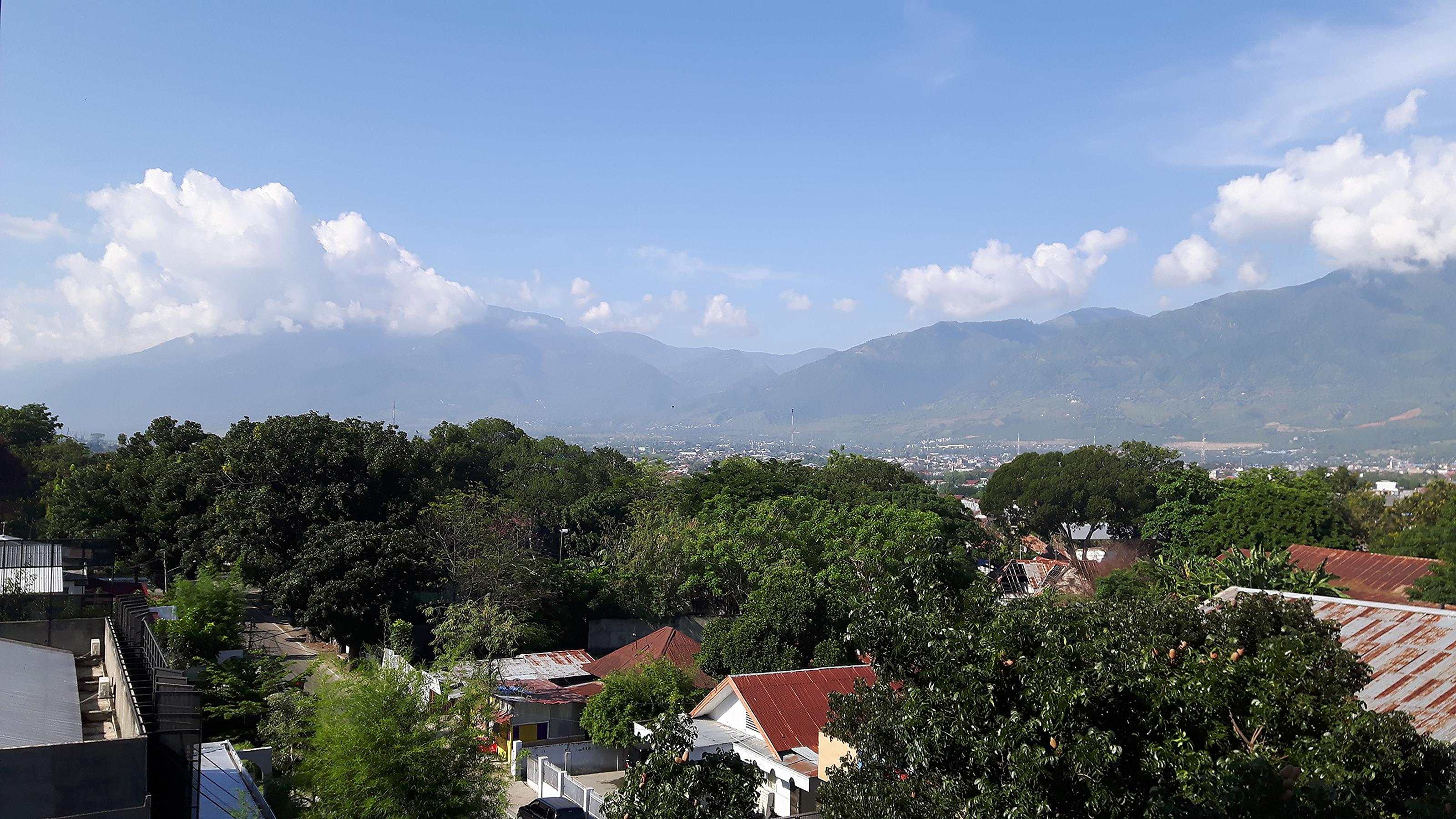Since 1990, a number of changes in Zambia’s political economy have reshaped the landscape of the country’s governance and anti-corruption efforts. Economic liberalisation, privatisation, politicisation of the civil service, and rapid turnover in the bureaucracy have all contributed to weakening the countervailing powers over the presidency and undermining accountability and oversight of business and associated deal-making. Zambia has a fairly comprehensive legal framework for addressing corruption. Although the law is not specific to the energy sector, it is of general application and deals with corruption across all sectors. Nevertheless, the implementation of that framework depends heavily upon how much political focus and capital the Office of the President is willing to put into it.
As a result, many of the existing mechanisms for addressing corruption –including criminal prosecution, asset declarations, and oversight bodies – can be limited or undermined by an apathetic or uncooperative executive branch. For example, the Mwanawasa government (2001–2008) aggressively pursued corruption, especially via criminal prosecutions, but other presidential administrations have disbanded corruption task forces and have granted immunity from prosecution to officials. Meanwhile, asset declarations are registered with the Chief Justice, who also leads any investigations into false or problematic declarations. The problem is that the Chief Justice is beholden to the executive branch, and the most recent Chief Justice, Irene Mambilima, has declined to set up tribunals to investigate numerous allegations of corruption since 2015. Finally, oversight bodies like the Financial Intelligence Centre and the Auditor General’s Office lack sufficient operational autonomy from the executive, which often interferes with or undermines their work.
Civil suits and societal norms against corruption may be less susceptible to presidential whims, but also provide less direct means of targeting corruption. One successful case held President Chiluba and other senior officers responsible for defrauding the Zambian people and held them liable for paying back a total of US$ 58 million. Another ongoing case involves a private company suing the government for overreaching into the private sector. In terms of societal norms, recent political polling shows that dissatisfaction with corruption features high in Zambia’s public sphere and, as a result, anti-corruption remains an important campaign platform for the opposition. So political will against corruption continues and could be a powerful force if directed effectively into policy efforts.
One mechanism that has proved successful is the World Bank’s strategy of debarment or blacklisting of individual corporate entities previously involved in corruption. Debarments have largely been applied to cases of corruption relating to procurement of services and projects in the energy sector. An individual or company subjected to debarment is likely to suffer tremendous economic loss and loss of reputation. This provides an incentive not to be involved in corruption. The authors explore in detail three cases of disbarment in Zambia that have been particularly effective at curbing corruption.
In Zambia, the costs of corruption have been severe, especially in the renewable energy sector. The government relies too much on ZESCO, the state-owned power company, for energy projects, despite the government having expressed interest in opening up the sector more to private companies and increased competition. Furthermore, there is no transparency or creditworthiness in ZESCO, so international lenders are not willing to fund projects through it.
To improve Zambia’s anti-corruption frameworks, particularly with respect to the renewable energy sector, transparency must be increased at a number of levels. Zambia needs to make the process of selecting appointees to the main anti-corruption agencies more transparent and impartial, and there need to be stronger financial disclosure rules for those appointees in order to combat conflicts of interest. Zambia would further benefit from reforms that institute enforceable transparency requirements on contracts as well as in-depth verification and auditing of projects. But reducing unnecessary bureaucratic hurdles in project development processes would also help remove some of the conditions that encourage corrupt behavior on the part of contractors and businesses working in the sector.
Perhaps more importantly, NGOs and the media need to increase the political and societal will in Zambia to fight corruption. In particular, NGOs can make the link between corruption and the cost of renewable energy. Investigative media is needed to expose both sides of corruption. In addition, media can promote renewable energy so that it becomes seen as a ‘public good’ and thereby be promoted and defended. In general, such moves would promote democratic anti-corruption reforms based on meaningful citizen participation in decision-making, which would render the government accountable to an entity other than itself. These mechanisms would encourage the fair and impartial enforcement of anti-corruption laws, which, in turn, would deter corruption in the first place.
Donors have an important role to play as well. At the company level, donors can increase the visibility or reputational risks for junior companies, encourage shareholder or partner pressure to address corruption risks, and promote actions on whistle-blower protection. At the government level, donors can also help local authorities scrutinise locally based companies, reinforce ethics codes through the REA and other institutions, and place a focus on anti-corruption in the upcoming deal with the IMF.

